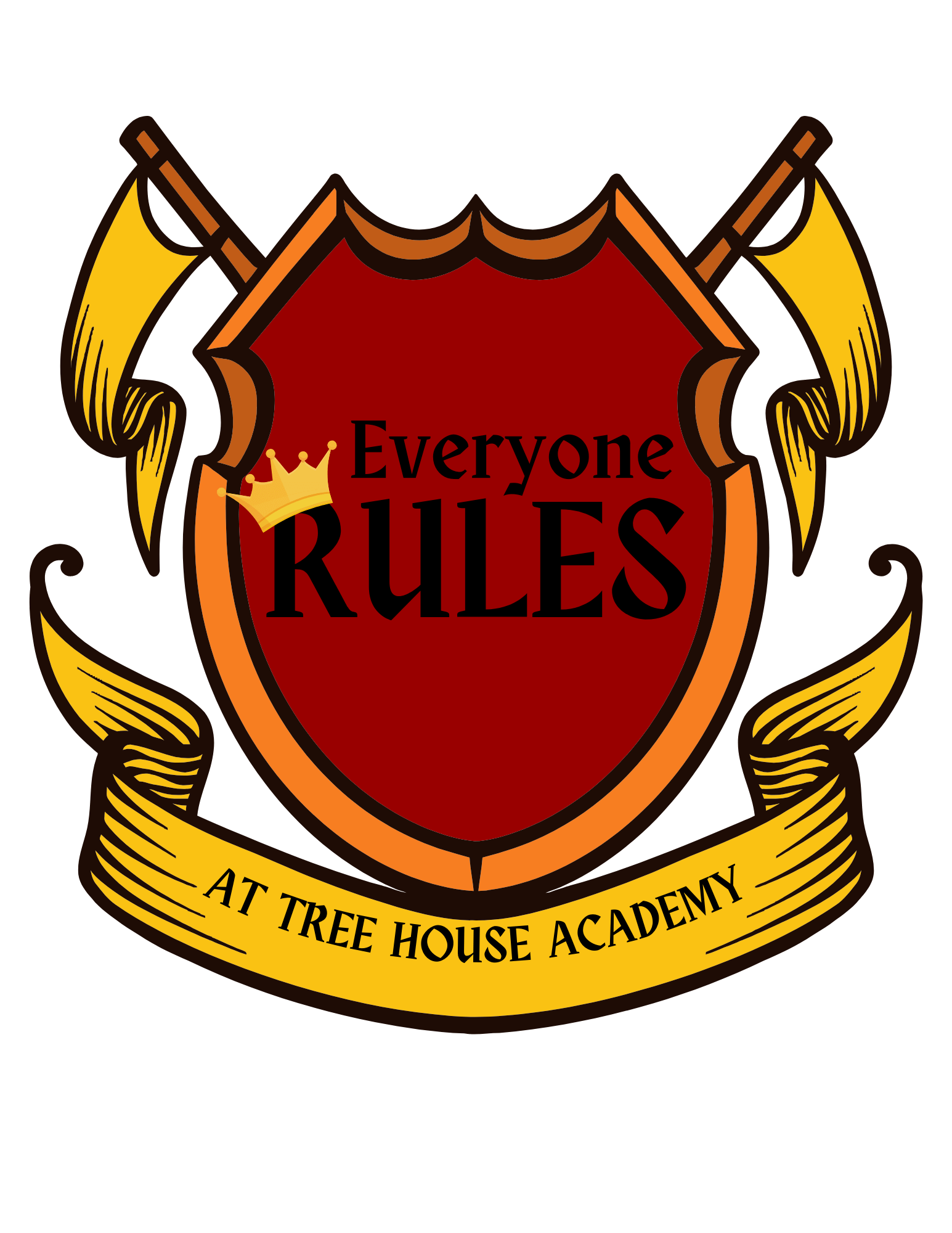Identifying early signs of autism is pivotal for the development and well-being of children. “Early Autism Detection at Tree House Academy” equips parents and caregivers with vital insights and tips for recognizing these signs.
Understanding Early Autism Detection
Initially, understanding autism is the cornerstone of early detection at Tree House Academy. This spectrum disorder notably affects communication, social interactions, and behavior in diverse ways.
Spotting the Early Signs and Red Flags
Moreover, Autism Awareness at Tree House Academy underscores the significance of noticing early signs and red flags. Speech delays, reduced social interest, repetitive behaviors, and challenges in emotional expression are paramount indicators.
Observing Social Interaction Patterns
Additionally, closely observing social interaction patterns is essential in identifying autism in children at Tree House Academy. Limited eye contact and difficulties in making friends notably can signal autism.
Early Autism Detection by Recognizing Communication Delays
Furthermore, recognizing communication delays stands as a significant marker for early autism detection. It’s crucial to monitor any delays in speech or preferences for non-verbal communication at Tree House Academy.
Identifying Repetitive Behaviors
Also, repetitive behaviors are a clear indication of autism. Tree House Academy advises parents to vigilantly look for any repetitive actions or intense interests.
Sensory Sensitivities and Autism
Similarly, sensory sensitivities form a common aspect of autism. Parents should be acutely aware of any strong reactions to sensory stimuli as part of early autism detection at Tree House Academy.
Play Patterns and Early Autism Detection
In addition, play patterns serve as valuable clues for autism identification. Unusual or delayed play behaviors are signs that Tree House Academy parents should meticulously not overlook.
Noticing Regression in Skills
Importantly, a regression in skills is a considerable red flag for autism. Tree House Academy highlights the critical importance of monitoring any loss of language or social abilities.

The Importance of Screening and Evaluation
Consequently, Tree House Academy recommends professional consultations for screening and evaluation if multiple signs are present, underscoring the necessity of expert advice.
Early Intervention: The Key to Support
Finally, early intervention emerges as critical for supporting children with autism. Tree House Academy provides resources and therapies that can significantly improve outcomes, illustrating the profound impact of timely support.


